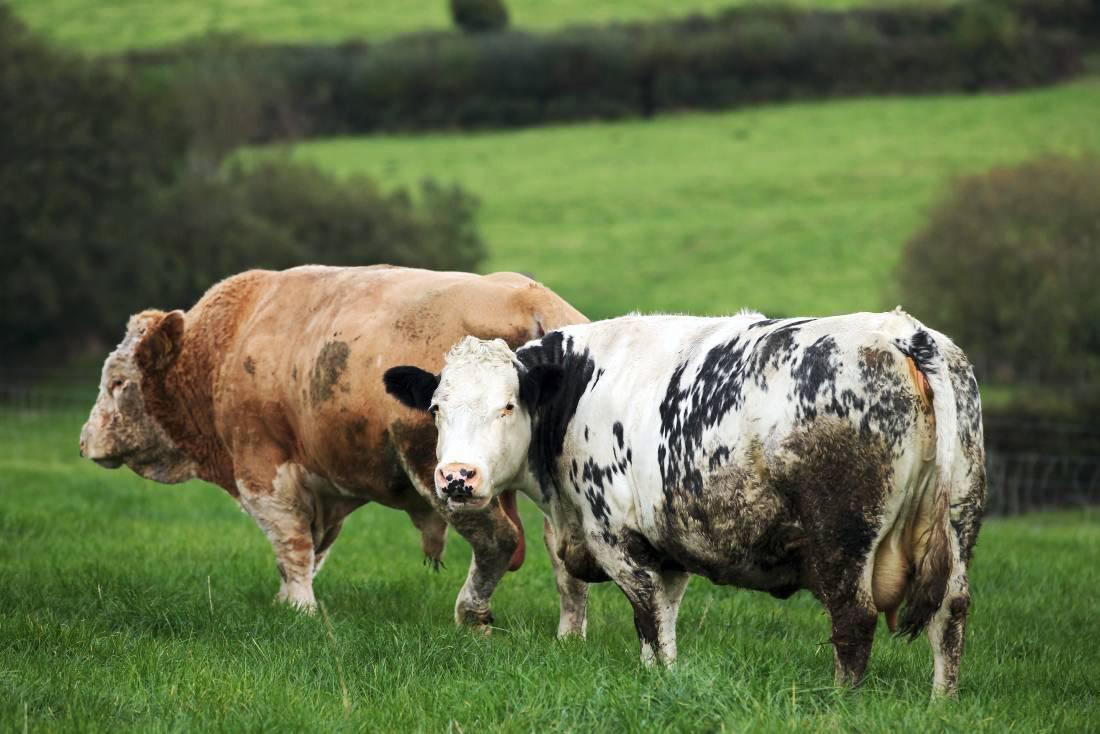
Welsh farmers are feeling 'anger and frustration' as the industry continues to feel the devastating impacts of bovine TB.
Closer analysis of government statistics reveal a staggering toll of bovine TB on farmers in the country.
The most recent official figures, released last month, are alarming, with 3731 cattle slaughtered in Pembrokeshire alone in the 12 months up to the end of April 2019.
This equates to nearly a third of all the cattle slaughtered in Wales due to bovine TB in the last 12 months having come from the county.
The figures did reveal that the number of new herd incidents in Wales has decreased by 7%.
It also shows there was a 1% increase in the number of herds not officially TB free at the end of the 12 months up until the end of April 2019, when comparing year-on-year.
However, the figures reveal a 19% year-on-year increase in the total number of animals slaughtered in Wales due to bovine TB.
The situation in the High Incidence Area in West Wales, which includes all of Pembrokeshire and large parts of neighbouring counties of Ceredigion and Carmarthenshire; show that there was a staggering 27% increase year-on-year.
NFU Cymru County Chair, Clare Morgan said this scale of loss is 'hugely damaging' and 'unsustainable' for the industry.
“I’ve spoken to many farming families in this county who are struggling under the enormous emotional and financial strain caused by bovine TB.
“Cattle farmers are adhering to additional cattle movement and testing controls, which came into force as part of the refreshed TB Eradication Programme that was introduced by the Welsh government in October 2017.
“We are now nearly two years into the refreshed TB programme and these latest figures reveal a grim reality that the policies currently in place simply aren’t eradicating the disease in Wales,” she said.
Welsh farmers have pointed out the stark contrast with High Risk areas in England, where the disease is being addressed in both the cattle and wildlife populations.
The most recent statistics show that the vast majority of these English counties have seen falling numbers of cattle slaughtered and fewer herds under restriction.
According to NFU Cymru, this shows the benefits of a TB eradication strategy where government and farmers are working in 'genuine partnership' to tackle the disease.
However, the Welsh government recently ruled out a badger cull as part of a TB strategy for Wales.
Ms Morgan added: “It was interesting to note in the recent TB update that Welsh Government sent out to farmers in Wales, that just one in three confirmed TB breakdowns in High TB areas are primarily attributable to cattle movements.
“This makes me, and many other farmers in the High Risk area, question what is actually being done about the causes of the other two-thirds of confirmed breakdowns in the High Risk areas?
“The recently published report by APHA on the delivery of badger trap and test operations on chronic TB breakdown farms in Wales in 2018 revealed that only six farms were selected by Welsh Government to participate in this project.
“At that rate the goal of total eradication of bovine TB in Wales, that both government and industry aspire to achieve, will fail,” she said.
